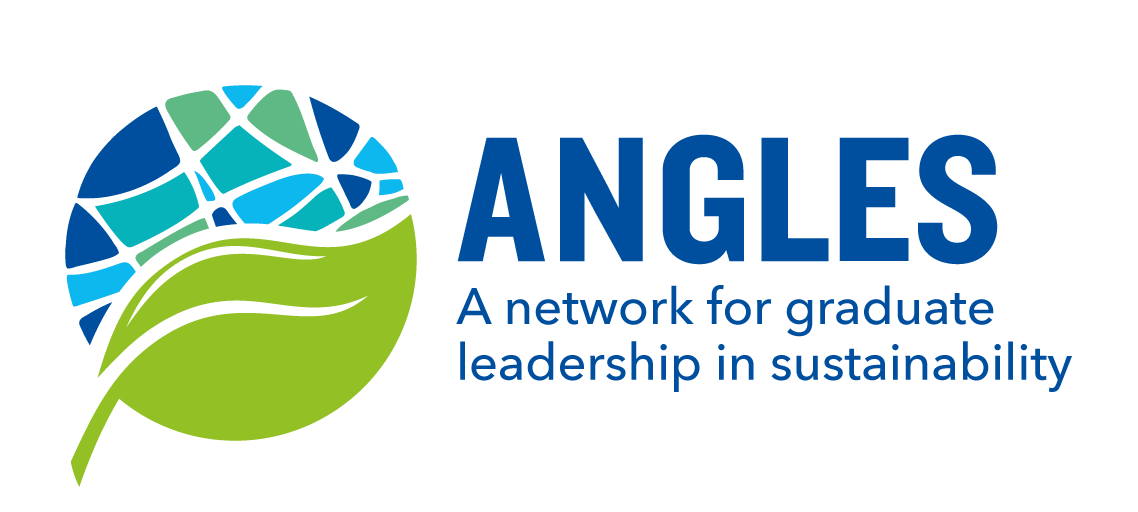Prepare interdisciplinary marine researchers with the ability to translate technical knowledge into policy and management innovations for the ocean. Provide value-added professional training and opportunities not available in existing disciplinary graduate programs
Anti-Racism in Science
Workshop and discussion on anti-racism and why it is important in STEM, academia, and ocean/marine sciences in particular.
